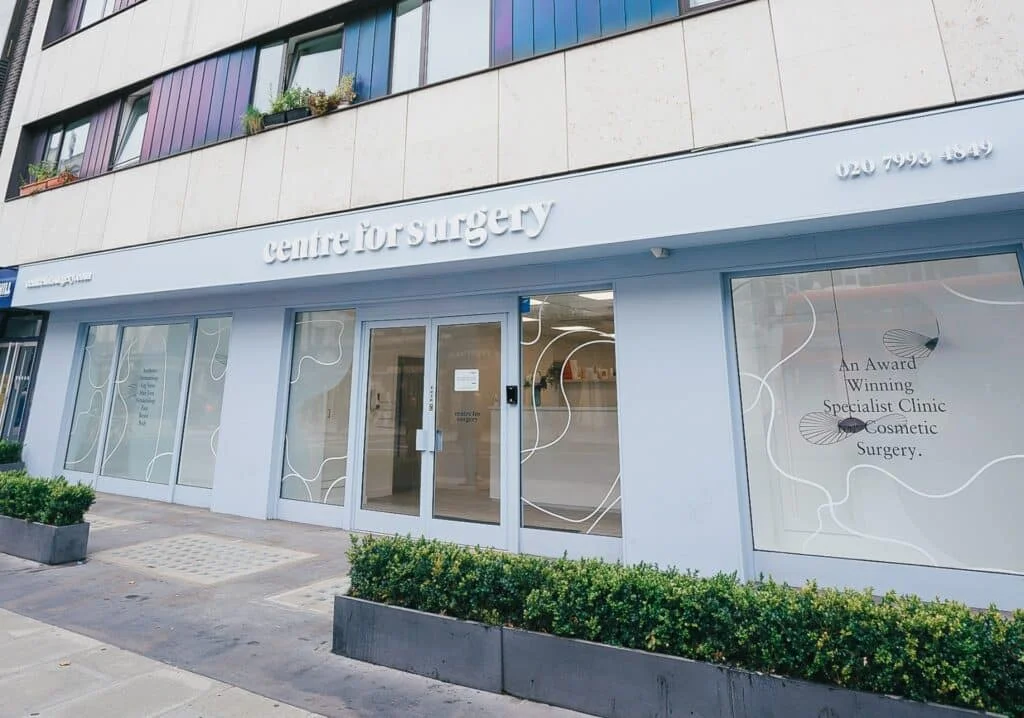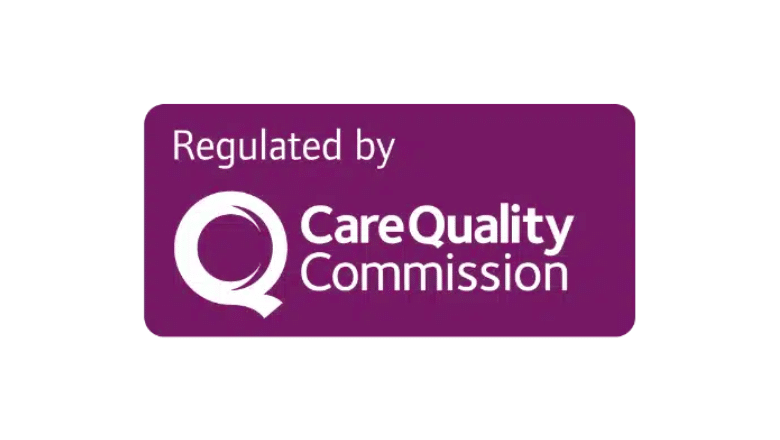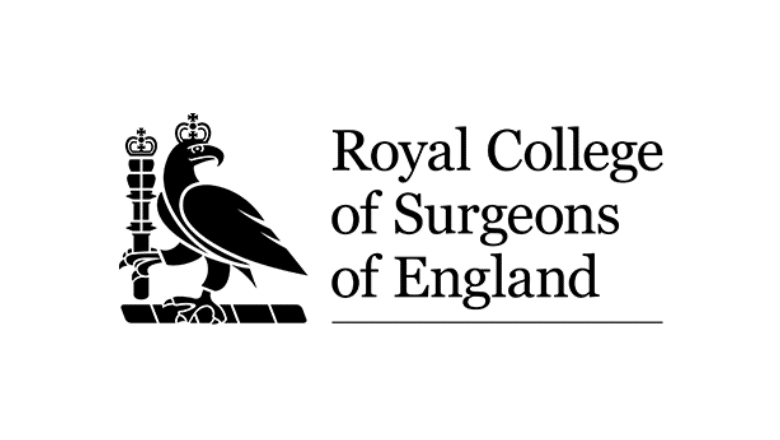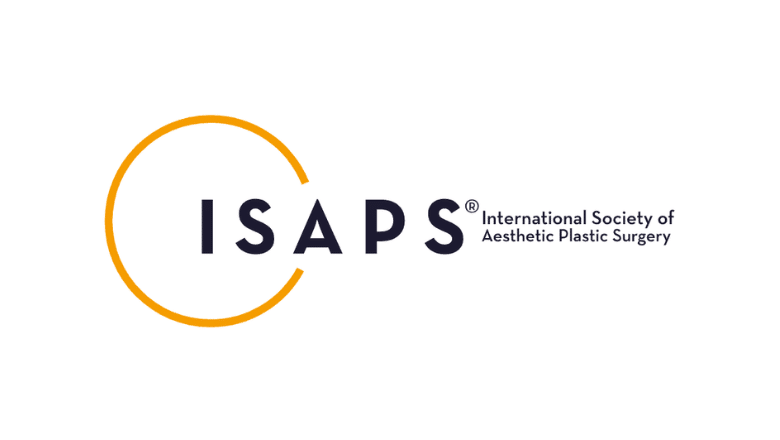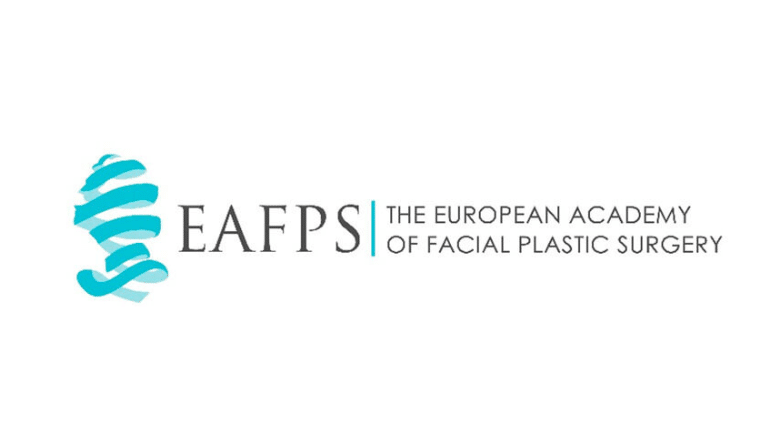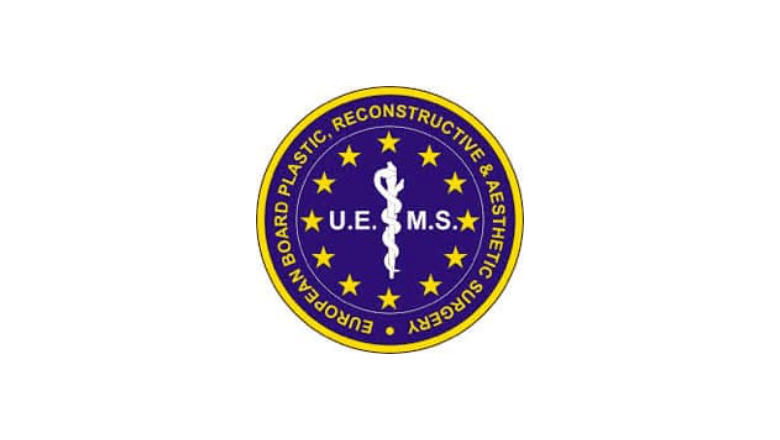Table of Contents

Essential Tips for Abdominoplasty Preparation
Abdominoplasty, often referred to as a “tummy tuck,” is a sophisticated operation designed to eliminate surplus skin around the stomach region. At Centre for Surgery, our objective is to equip you with detailed and actionable guidance to help you prepare effectively for your tummy tuck surgery. This ensures you are fully aware and prepared for the journey ahead, encompassing both the surgery itself and the subsequent recovery phase.
Embarking on the path to abdominoplasty requires thoughtful preparation. Understanding the nuances of this procedure is the first step towards a successful outcome. The surgery involves precise techniques to remove unnecessary skin, aiming to flatten and enhance the abdominal area’s appearance. As such, being well-prepared is crucial for ensuring a smooth procedure and recovery.
To assist you in this process, we’ve compiled expert advice and insights. Our guidance focuses on what you can do before your surgery to ensure you are in the best possible condition physically and mentally. This includes recommendations on diet, exercise, and lifestyle adjustments that can aid in your recovery. Additionally, we emphasize the importance of understanding the recovery timeline and what to expect in the weeks following your surgery. Knowing these details can significantly impact your comfort and the healing process.
By following our comprehensive advice, you can approach your abdominoplasty with confidence. Being well-informed and prepared can not only ease the journey but also enhance the results of your surgery. At Centre for Surgery, we are committed to supporting you every step of the way, ensuring you feel supported and informed from the initial consultation through to your recovery and beyond.
RELATED: Tummy Tuck Benefits – Is Abdominoplasty Surgery Worth It?
Understanding Abdominoplasty

Abdominoplasty, commonly known as a tummy tuck, is a surgical procedure with the dual aim of removing excess skin and fat from the abdomen and tightening the muscles that may have weakened or separated over time. This operation is instrumental in creating a smoother and firmer abdominal silhouette, offering individuals a more contoured and aesthetically pleasing profile.
Key Characteristics of Abdominoplasty
- Surgical Objectives: The primary goal of a tummy tuck is to excise unwanted skin and fat and to repair muscles that have become lax or separated. This process not only enhances the visual appearance of the abdomen but also contributes to a stronger core and improved posture.
- Benefits: By refining the contours of the abdominal area, this procedure can significantly boost an individual’s body image and confidence. The results are typically long-lasting, providing the patient maintains a stable weight and follows a healthy lifestyle.
- Limitations: It’s crucial to understand that abdominoplasty is not a weight-loss solution nor a replacement for regular exercise and a balanced diet. Instead, it is best suited for individuals close to their ideal body weight who seek to address issues that cannot be resolved through diet and exercise alone.
The Crucial Role of Preparation
Adequate preparation is a cornerstone of a successful abdominoplasty journey, influencing not just the surgical outcome but the entire recovery process. By meticulously planning and preparing, patients can dramatically reduce the risk of complications and facilitate a quicker, more comfortable recovery. Essential preparation steps include gaining a deep understanding of the procedure, organizing your living space and responsibilities for post-operative ease, and setting clear expectations for the recovery period. This level of readiness ensures a smoother transition through surgery and recuperation, paving the way for a positive and fulfilling experience.
Setting Realistic Expectations
- Surgical Outcomes: Engaging in open and honest discussions with your surgeon at Centre for Surgery is crucial to align your expectations with the realistic outcomes of the surgery. Understanding the potential and limitations of abdominoplasty helps in fostering satisfaction with the
Comprehensive Preparation for Abdominoplasty: A Step-by-Step Guide
Preparing for an abdominoplasty, or tummy tuck, involves careful planning and preparation in the weeks leading up to the surgery. This period is crucial for ensuring that you are in the best possible physical and mental state for both the procedure and the recovery process that follows. Here’s an in-depth look at the essential steps to take during this preparatory phase.
Medical Evaluations and Health Checks
The journey to abdominoplasty begins with thorough medical evaluations. Scheduling a visit to your general practitioner for a comprehensive health assessment is key. During this appointment, you might undergo various tests, such as blood work, to ensure you’re fit for surgery. It’s important to discuss any pre-existing health conditions with your doctor, as these could influence the surgical process and recovery. This step ensures that any potential risks are identified and managed before the surgery.
Medication and Substance Use Review
An important part of pre-surgery preparation is reviewing your current medication regimen with your surgeon. Our surgeons will need to know about all prescription medications, over-the-counter drugs, and any supplements you’re taking, as some may need to be adjusted or temporarily discontinued. This is also an opportune time to address the use of substances that can affect your surgery and recovery, such as alcohol and tobacco. Alcohol consumption should be minimised, as it can impair your body’s healing abilities. Smoking, in particular, is known to significantly hinder recovery and increase the risk of complications; quitting or reducing smoking well in advance of the surgery is highly recommended.
Nutritional and Physical Well-being
Optimising your diet and exercise routine plays a pivotal role in your preparation. Aim to consume a balanced diet that’s rich in vitamins and minerals, which are essential for healing. Avoid extreme dieting or significant weight fluctuations before your surgery, as maintaining a stable weight is crucial for optimal results. Incorporating gentle exercises into your routine can enhance circulation and overall health, setting a positive foundation for your recovery.
Pre-surgery Planning
Start to assemble a pre-surgery checklist of items you will need during your recovery. This list might include comfortable, loose clothing that is easy to put on and take off, easy-to-prepare meals, and various forms of entertainment to keep you occupied while you recover. Creating a ‘recovery station’ in your home, where all your essentials are within easy reach, can significantly enhance your comfort and convenience during the recovery period.
Logistics and Support Arrangements
Ensuring you have adequate time off work and support at home is essential for a smooth recovery. Plan to take the necessary time off and arrange for assistance with family obligations, childcare, and household tasks. Having a support system in place can alleviate stress and allow you to focus on your recovery.
Optimising Your Living Space for Recovery After Abdominoplasty
Recovering from abdominoplasty, commonly known as a tummy tuck, necessitates a living environment that prioritises comfort and accessibility due to the temporary limitations on your mobility. Tailoring your home in preparation for the post-surgery recovery period can significantly ease the process, making it more comfortable and conducive to healing. Here’s how you can adapt your living space to support your recovery journey.
Enhancing Home Accessibility
The layout of your home plays a crucial role in your recovery. It’s advisable to adjust your living space to eliminate the need for unnecessary stretching or bending, which might be challenging in the initial stages post-surgery. Rearranging furniture to ensure clear and unobstructed pathways will facilitate easier movement around your home. Placing commonly used items within easy reach is essential to avoid any strain on your healing abdomen. For those without a recliner, which can provide a comfortable alternative to lying flat, consider renting or borrowing one to aid in your initial recovery phase.
Stocking Essential Supplies
Ensuring you have all necessary supplies on hand is crucial to avoid the need for frequent outings. Stock up on essentials, including easy-to-access snacks, water, medications, and entertainment options like books or the remote control, all of which should be kept close to your designated rest area. Accessibility to your phone charger and other indispensable electronics is also key, so you remain connected and entertained without needing to move around too much.
Preparing a Comfortable Resting Area

Creating a comfortable area where you can relax and sleep is paramount. This space should be equipped with ample pillows for adjustable support and extra blankets to counter any post-operative chills. If your bedroom is on an upper floor, setting up a temporary sleeping space on the ground level can prevent the need for navigating stairs during the early recovery stages.
RELATED: How to Sleep Better after a Tummy Tuck – Best Sleeping Positions
Bathroom and Kitchen Set-Up
The functionality of your bathroom and kitchen is equally important. Ensuring there’s a bathroom accessible on the same floor as your recovery area can significantly ease the recovery process. Installing safety handles and possibly a shower chair can enhance safety and comfort during your personal care routines. In the kitchen, pre-preparing meals that can easily be reheated will simplify your dietary needs. Keeping healthy snacks and hydration close by, and rearranging utensils and food items to waist height, will help maintain nutrition without compromising your recovery.
Safety Measures
Safety should be a top priority in your recovery environment. Removing any trip hazards, such as loose rugs and electrical cords, and ensuring adequate lighting can prevent accidents. Additionally, maintaining a list of emergency contacts, including your surgeon’s number, in a prominent and accessible location is essential for peace of mind during your recovery period.
Essential Nutrition and Meal Preparation for Abdominoplasty Recovery

Recovering from an abdominoplasty requires not just rest and proper care but also optimal nutrition to facilitate healing. The significance of meal preparation and a carefully planned diet cannot be overstated, as they play a pivotal role in ensuring a smoother, more comfortable recovery phase. Here, we delve into how you can best prepare meals and manage your diet to support your body’s healing process.
RELATED: Diet Before and After a Tummy Tuck
Strategic Meal Preparation
Preparing meals ahead of your surgery is a practical step towards ensuring you have the necessary nutrients during your recovery, without the added stress of cooking. Cooking and freezing meals that are simple to digest yet nutritious minimises your physical exertion post-surgery. Soups, stews, and casseroles are excellent choices; they’re not only easy to reheat but also packed with the vitamins and minerals essential for healing.
Focusing on Nutritional Needs
Protein is a cornerstone nutrient for tissue repair and muscle recovery, making it an essential part of your post-abdominoplasty diet. Including a variety of proteins, fruits, and vegetables in your meals will provide a balanced intake of essential nutrients. Hydration is equally important; water should be your go-to beverage, while caffeine and alcohol are best limited, as they can hinder your recovery process.
Navigating Foods to Avoid
The post-operative phase is not the time for processed foods or those high in sugar and salt, which can impede your recovery. Additionally, carbonated drinks and chewing gum should be avoided to prevent gas and bloating, which can be uncomfortable during this period. While fibre is an important part of a healthy diet, excessive intake immediately after surgery might be too taxing on your digestive system, so moderation is key.
Adjusting to Appetite Changes
It’s common to experience changes in appetite following your surgery. Adopting a diet of small, frequent meals can accommodate reduced appetite while ensuring you’re still receiving adequate nutrition. Listening to your body’s hunger cues and staying hydrated, even when you’re not feeling particularly hungry, will support your recovery.
The Role of Supplements and Hydration
Before adding any supplements or vitamins to your recovery regimen, it’s crucial to consult with your surgeon. Supplements like vitamin C and zinc may enhance wound healing, but their suitability should be assessed on an individual basis. Hydration is foundational for healing, with herbal teas serving as a comforting alternative to water. However, alcohol should be avoided as it can impair the healing process.
Medication Management and Medical Supplies for Abdominoplasty Recovery
Recovering from an abdominoplasty requires meticulous attention to medication management and the readiness of essential medical supplies. This preparation is pivotal for a smooth recovery, helping to mitigate complications and ensuring comfort throughout the healing process. Below, we explore strategies for effective medication management and the key medical supplies you should have on hand.
Effective Organisation of Medications
Begin your post-operative care by creating a comprehensive list of all medications prescribed by your surgeon. It’s crucial to understand the specific purpose, correct dosage, and precise timing for each medication to ensure optimal recovery. Implementing a system of reminders can prevent missed doses, contributing to a more efficient healing process.
Navigating Medication Schedules and Interactions
Awareness of potential interactions between prescribed and over-the-counter medications is essential. Any uncertainty regarding medication combinations should be promptly addressed with your pharmacist or healthcare provider to avoid adverse effects. Additionally, consider how certain medications may affect your ability to perform tasks such as driving or using machinery, and plan your recovery environment accordingly.
Essential Medical Supplies for Recovery
Ensure you have all recommended medical supplies, such as bandages, gauze, and antiseptic solutions, to facilitate wound care. A thermometer should be readily available to monitor your body temperature for signs of infection. Additionally, stocking up on ice packs or cold compresses can help manage swelling and discomfort.
Pain Management Strategies
Effective pain management is a cornerstone of recovery. Familiarise yourself with the prescribed pain management plan, including how to identify signs of overmedication or adverse reactions. As your recovery progresses, be prepared to adjust pain management strategies under the guidance of your healthcare provider, gradually reducing reliance on pain medication as your condition improves.
Monitoring and Reporting Side Effects
Stay vigilant for potential medication side effects, such as nausea, dizziness, or allergic reactions. Maintaining a diary of medication intake, along with any observed side effects, can provide valuable information for your healthcare team, enabling timely adjustments to your treatment plan if necessary.
Wound Care Preparedness
Understanding proper wound care is critical for preventing infection and ensuring the best possible healing outcome. Ensure you have the necessary supplies for dressing changes and know the signs of infection or complications that warrant immediate medical attention.
RELATED: No-Drain Tummy Tuck for Best Recovery
Ensuring Support and Transportation for Your Abdominoplasty Journey
Recovering from abdominoplasty—a significant surgical procedure—necessitates a well-thought-out plan for assistance and transportation. This planning is crucial not just for logistical reasons but also for your peace of mind, safety, and comfort throughout the recovery period. Let’s delve deeper into how you can prepare for the support you’ll need, ensuring a smoother transition through each phase of your recovery.
The Importance of Planning for Home Assistance
The first days following your surgery are often the most challenging, highlighting the importance of having someone by your side. Whether it’s a family member, a close friend, or a professional caregiver, their presence can be immensely comforting. They can assist with daily tasks that might be temporarily out of reach for you, such as getting out of bed, personal hygiene, and meal preparation. It’s not just about having someone physically present; it’s about ensuring they’re fully briefed on your post-operative needs and how they can best support you. Ideally, this person or people would be with you around the clock in the early stages of recovery, providing both physical support and peace of mind.
Transportation: A Key Element of Your Recovery Plan
From the moment your surgery concludes, your mobility will be significantly limited. Driving is out of the question, especially immediately after the surgery and potentially for several weeks thereafter. It’s essential to organise transportation in advance—not just for the day of your surgery but also for any follow-up visits to your surgeon. If personal friends or family can’t assist, look into alternative options like taxi services or ride-sharing apps. The goal is to ensure you can get to and from your appointments safely and comfortably, without putting any strain on your recovery.
Communication with Your Support Network
Clear communication with your caregivers is vital. They should be aware of what to expect in terms of your recovery process, any potential side effects from medication, and how to assist with wound care or other post-operative needs. Providing them with a comprehensive list of tasks, along with instructions on how to handle various situations, can help make the recovery process smoother for both you and them. Additionally, they should have all necessary contact information for your medical team in case any questions or emergencies arise.
The Role of Emotional Support in Your Recovery
Physical healing is just one part of the recovery process; your emotional and mental well-being are equally important. The presence of a supportive friend or family member can make a significant difference in your overall mood and outlook during this period. Open communication about your feelings and any discomfort you’re experiencing can help alleviate stress and promote a more positive recovery experience. For many, joining a support group of individuals who have undergone similar procedures can offer additional comfort and understanding.
Managing Responsibilities: Children and Pets
If you have children or pets, arranging for their care in advance is crucial. The physical limitations you’ll face post-surgery mean you won’t be able to lift anything heavy, including young children, or engage in the usual play and care routines with pets. Securing additional help or arranging for childcare services can ensure that your loved ones are well taken care of while you focus on your recovery. Planning activities and routines for them in advance can also ensure they remain engaged and content during this period.
FAQs about Preparing for Abdominoplasty Surgery

What preparations should I make in the weeks leading up to my abdominoplasty?
In the critical weeks before your abdominoplasty, adopting a holistic approach to your health and well-being is essential. This means adhering to a nutritious diet that boosts your body’s ability to heal, modifying your exercise regimen to maintain fitness without overexerting, and eliminating any habits that could negatively impact your surgery outcomes, such as smoking and excessive alcohol consumption. It’s also a period to get any necessary medical evaluations done to ensure you’re in optimal health for the procedure. Discussing your current medications with your surgeon at the Centre for Surgery is crucial to avoid any that might interfere with the surgery or recovery process. Preparing your home for the post-surgery recovery period is another vital step; this includes setting up a comfortable resting area and making sure essential items are within easy reach to avoid unnecessary strain during your recovery.
How can I optimise my diet and nutrition before and after an abdominoplasty?
Optimising your diet and nutrition plays a pivotal role in your recovery from abdominoplasty. Before the surgery, focusing on a balanced diet rich in proteins, vitamins, and minerals will help strengthen your body for the upcoming procedure and aid in a swift recovery. After the surgery, it’s advisable to consume light, easily digestible meals to avoid putting stress on your abdomen and to stay well-hydrated. Foods that can cause gas or bloating should be avoided, as should those high in sugar, salt, and processed ingredients. Preparing meals in advance and freezing them can also greatly ease your recovery process, ensuring you have nutritious options available without the need for extensive preparation.
What clothing is recommended for the day of my abdominoplasty?
Selecting the appropriate clothing for the day of your surgery is more about practicality and comfort than fashion. Opt for loose-fitting clothes that don’t require effort to put on or take off. A top that features a front opening, such as a button-up shirt or a zippered hoodie, is ideal as it minimises movement and discomfort when dressing. Flat, slip-on shoes are also recommended to avoid the need to bend over or balance on one foot. Following your surgery, clothing that avoids pressure on the abdomen, such as outfits with elastic waistbands and easy-to-remove tops, will be most comfortable and practical during your recovery.
How should I set up my home for a comfortable abdominoplasty recovery?
Creating a conducive recovery environment at home involves a few thoughtful adjustments. Ensure your recovery space is equipped with items you’ll need within arm’s reach, such as water, snacks, medications, and entertainment options like books or a remote control. Ideally, your recovery area should be on the ground floor to avoid stairs, and you might consider renting a recliner to achieve the most comfortable resting position. Stocking up on necessary supplies in advance can prevent any need for errands during your recovery. Making the bathroom safe and accessible, possibly with the addition of safety handles, can also make a significant difference in your comfort and safety.
What kind of care and assistance will I need after my abdominoplasty surgery?
Post-surgery care and assistance are crucial for a smooth recovery. Ensure you have someone reliable to drive you home after the procedure and to stay with you, especially during the first few critical days when you’ll need help with various tasks, from cooking and cleaning to personal care. If you have children or pets, it’s important to arrange for their care in advance, as your ability to lift anything or engage in strenuous activities will be limited. Open communication with your caregivers about your needs and recovery expectations can help make the post-operative period as comfortable and stress-free as possible.
Why Choose Centre for Surgery for Your Abdominoplasty Surgery?
Choosing the right clinic for your abdominoplasty surgery is a decision that significantly impacts your comfort, the outcome of the procedure, and your overall experience. At Centre for Surgery, we pride ourselves on being at the forefront of cosmetic surgery, offering state-of-the-art facilities, leading surgical expertise, and a patient-centred approach that sets us apart.
Expertise and Excellence in Care
Our team at Centre for Surgery is comprised of highly skilled and experienced plastic surgeons who specialise in abdominoplasty. We are dedicated to providing personalised care tailored to meet your individual needs and goals. Our surgeons utilise the latest surgical techniques to ensure optimal results, minimal scarring, and reduced recovery time.
Patient-Centred Approach
We understand that undergoing surgery can be a significant decision, which is why we focus on ensuring our patients feel informed, comfortable, and supported throughout their journey with us. From the initial consultation to post-operative care, our team is here to provide guidance and support every step of the way.
State-of-the-Art Facilities
Our clinic is equipped with the latest technology and facilities to ensure the highest standards of safety and care. Located at 95-97 Baker Street, London, our clinic offers a welcoming and comfortable environment for all our patients.
Patient Testimonials
Don’t just take our word for it; here are three testimonials from our patients:
“Choosing Centre for Surgery for my abdominoplasty was the best decision I ever made. The care and support I received from the team were exceptional. My surgeon was incredibly skilled, and I am thrilled with the results.” – Emma L.
“From my first consultation, I felt confident and reassured. The staff were friendly, and the surgeon took the time to answer all my questions. My recovery was smoother than I expected, and I couldn’t be happier with the outcome.” – Michael B.
“The professionalism and care at Centre for Surgery are unmatched. The team went above and beyond to ensure I felt comfortable and informed throughout my abdominoplasty journey. I highly recommend them to anyone considering cosmetic surgery.” – Sofia G.
Book Your Consultation Today
Ready to take the next step? Contact us at 0207 993 4849 or email contact@centreforsurgery.com to book your consultation. Our team is here to answer any questions you may have and guide you through the process of achieving your desired results.
For more information about our services, expertise, and patient experiences, please visit our About Us page. Explore our plastic surgery blog for insightful articles and guides on abdominoplasty and other procedures.
Interested in learning about our finance options, including 0% APR with Chrysalis Finance? Visit our Finance Options page for more details.
Have questions? Check out our Clinic FAQs for more information about our procedures and what to expect.
Our Baker Street Clinic awaits your visit, offering a blend of comfort, privacy, and excellence in cosmetic surgery. Choose Centre for Surgery for your abdominoplasty surgery and experience the difference that professional care, exceptional skill, and genuine compassion can make on your journey to achieving your aesthetic goals.
